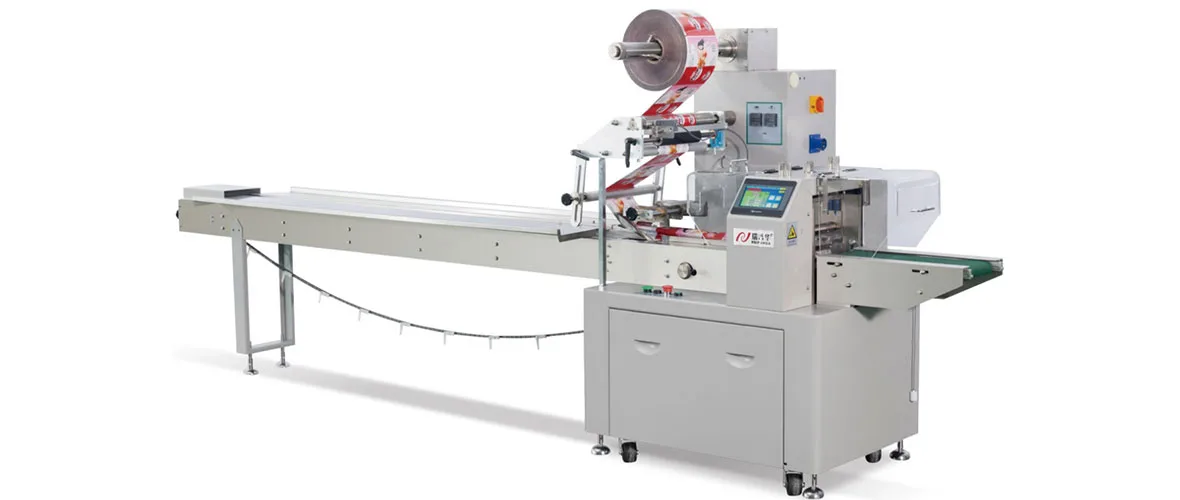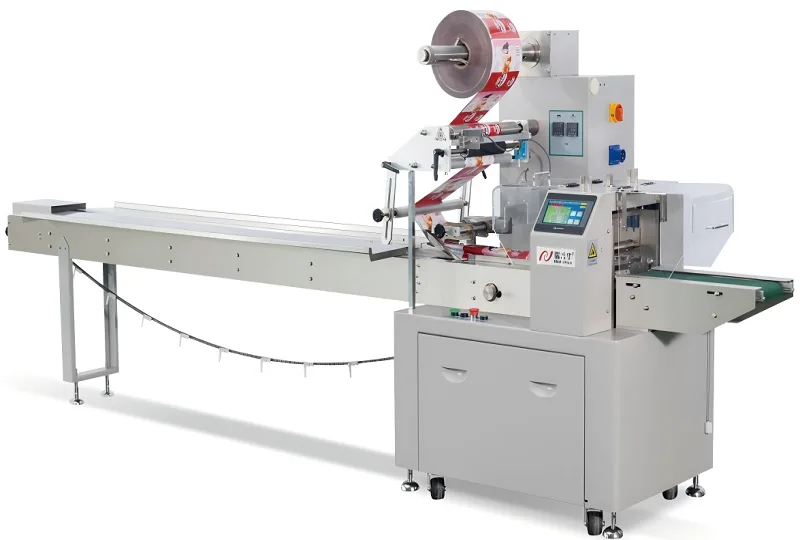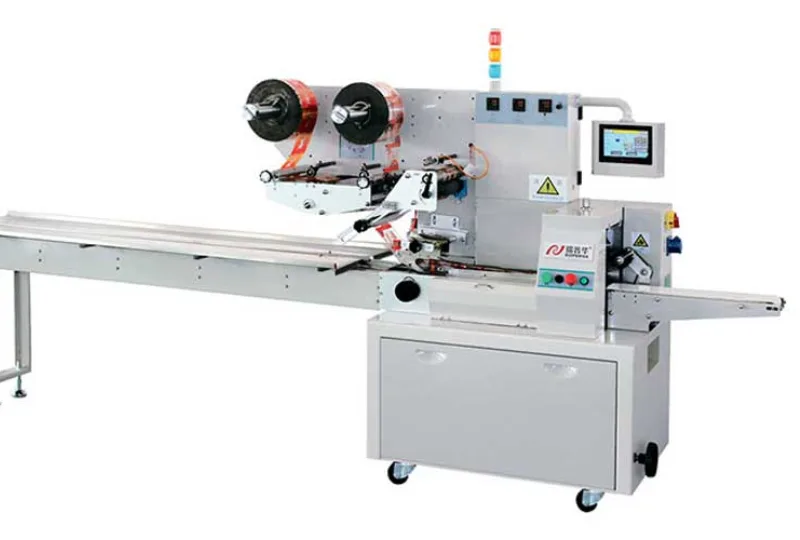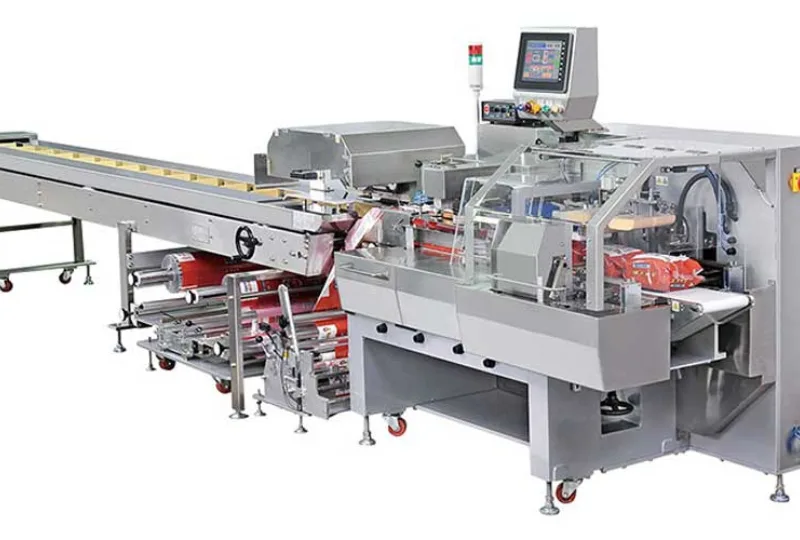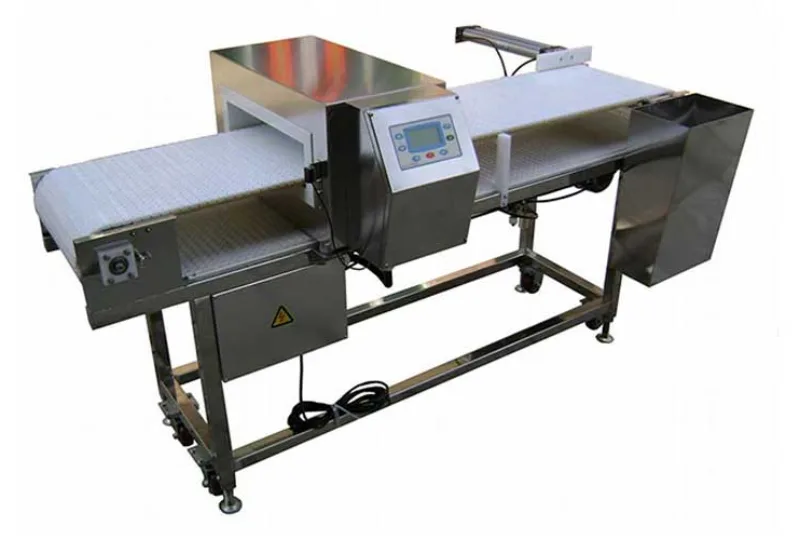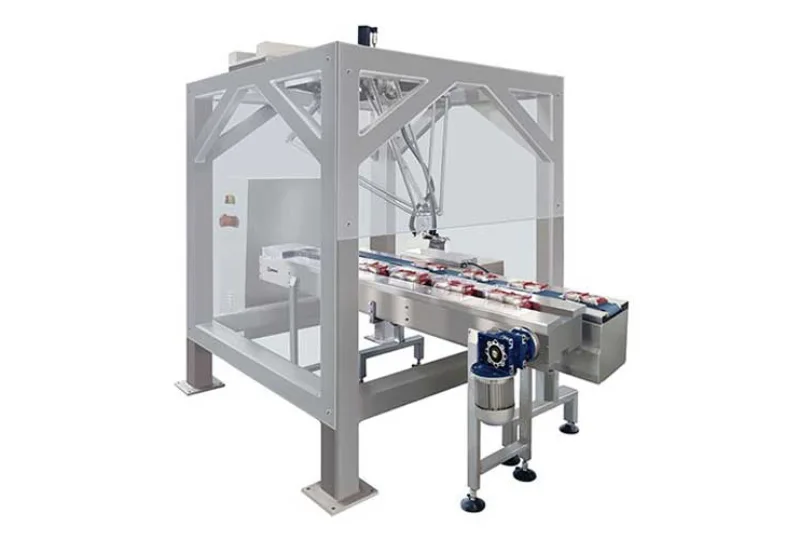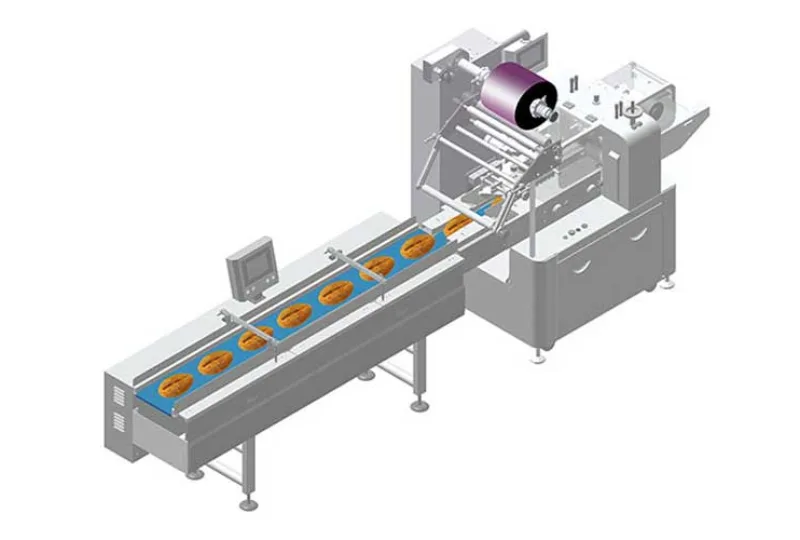Bakery Packaging Machinery- Industry Standards and Certifications
In the realm of delectable baked goods, where every morsel is a symphony of flavors and textures, the packaging machinery that safeguards these culinary masterpieces plays a pivotal role. As the industry evolves at an unprecedented pace, adhering to stringent standards and certifications has become paramount to ensure the highest quality and safety standards are met.
Industry Standards: A Framework for Excellence
The baking industry is governed by a comprehensive set of standards that delineate every aspect of production, from ingredient sourcing to packaging. Noted organizations such as the American Bakers Association (ABA), the British Standards Institution (BSI), and the International Organization for Standardization (ISO) have established meticulous guidelines that guide machinery manufacturers towards delivering equipment that meets the most rigorous specifications.
These standards encompass factors such as:
Food Safety: Machinery must comply with hygiene protocols and minimize contamination risks.
Performance: Equipment should operate efficiently, consistently, and within specified parameters.
Durability: Packaging machines must withstand the rigors of a demanding production environment.
Environmental Compliance: Machinery should minimize energy consumption and waste generation.
Certifications: A Seal of Assurance
Beyond industry standards, manufacturers can seek out certifications from third-party organizations to further demonstrate their commitment to quality and safety. Renowned certifications include:
CE Mark (Conformité Européenne): Indicates compliance with EU safety and environmental regulations.
ANSI (American National Standards Institute): Recognizes adherence to industry-specific standards.
NSF (National Sanitation Foundation): Ensures compliance with food safety and sanitation requirements.
UL (Underwriters Laboratories): Certifies electrical safety and product reliability.
Acquiring these certifications not only enhances a manufacturer’s reputation but also provides tangible benefits:
Increased Consumer Confidence: Consumers trust products packaged on certified equipment.
Export Eligibility: Certifications facilitate access to international markets.
Reduced Liability: Compliant machinery minimizes the risk of legal repercussions.
Conclusion
The bakery packaging machinery industry is a testament to the relentless pursuit of excellence. By adhering to stringent standards and certifications, manufacturers not only safeguard the quality and safety of the baked goods they package but also contribute to the overall reputation and competitiveness of the industry. As technology advances and consumer demands evolve, the commitment to industry standards and certifications will undoubtedly remain a cornerstone of this vibrant and essential sector.
-
01
Packaging Machinery: Beyond Sealing, Driving an Efficient, Smart, and Sustainable Future
21-01-2026 -
02
Automatic Tray Loading and Packaging Equipment: Boost Efficiency to 160 Bags/Minute
21-11-2025 -
03
Automatic Soap Packaging Machine: Boost Productivity with 99% Qualification Rate
21-11-2025 -
04
A Deep Dive into Automatic Toast Processing and Packaging System
18-11-2025 -
05
The Future of Bakery Production: Automated Toast Processing and Packaging System
18-11-2025 -
06
Reliable Food Packaging Solutions with China Bread, Candy, and Biscuit Machines
11-10-2025 -
07
High-Performance Automated Food Packaging Equipment for Modern Production
11-10-2025 -
08
Reliable Pillow Packing Machines for Efficient Packaging Operations
11-10-2025 -
09
Advanced Fully Automatic Packaging Solutions for Efficient Production
11-10-2025 -
10
Efficient Automatic Food Packaging Solutions for Modern Production
11-10-2025






